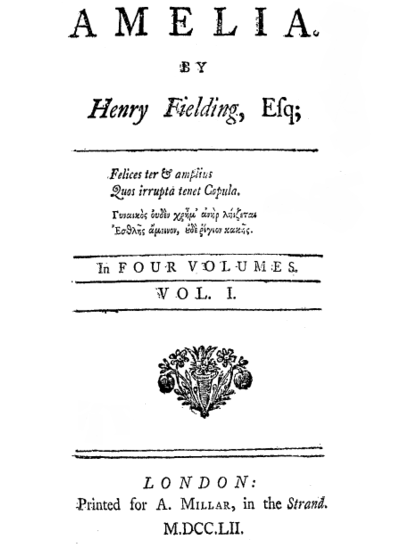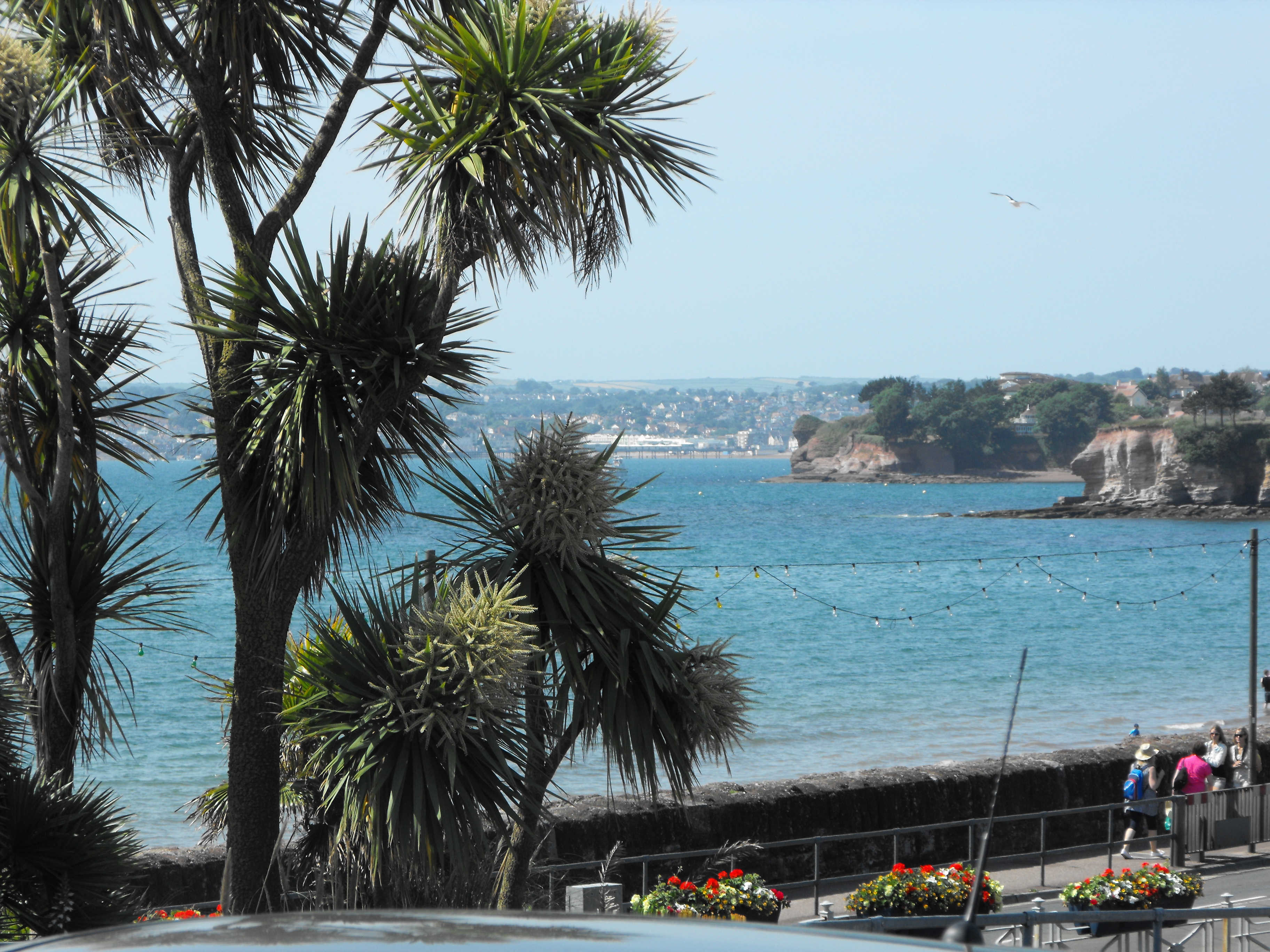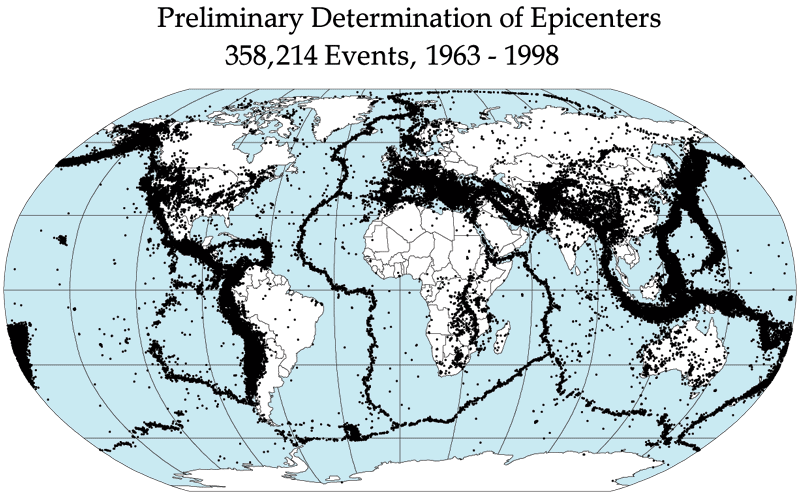|
The Journal Of A Voyage To Lisbon
''The Journal of a Voyage to Lisbon'' (''Journal d'un voyage de Londres à Lisbonne'') is the last book written by Henry Fielding (1707-1754) when, ill and at the end of his tether, accompanied by his second wife Mary Daniel (Mary Fielding), one of his daughters Eleanor Harriot, the latter's friend Margaret Collier and two servants, the chambermaid Isabella Ash and the footman William, he set sail for Lisbon in the summer of 1754 aboard the Queen of Portugal. Subject to the whims of the commander and the vagaries of the weather, the ship, long deprived of wind, drifted up the River Thames, Thames, then along the South Coast of England, south coast, and it's only in the very last pages of the book that the sails swell and the real voyage begins. So, in many ways, Fielding's Diary is more about English shores and shores than about crossing the Bay of Biscay and arriving in Portugal. This brief collection takes the form of a chronicle of day-to-day life, blending everyday anecdotes ... [...More Info...] [...Related Items...] OR: [Wikipedia] [Google] [Baidu] |
Amelia (novel)
''Amelia'' is a sentimental novel written by Henry Fielding and published in December 1751. It was the fourth and final novel written by Fielding, and it was printed in only one edition while the author was alive, although 5,000 copies were published of the first edition. ''Amelia'' follows the life of Amelia and Captain William Booth after they are married. It contains many allusions to classical literature and focuses on the theme of marriage and feminine intelligence, but Fielding's stance on gender issues cannot be determined because of the lack of authorial commentary discussing the matter. Although the novel received praise from many writers and critics, it received more criticism from Fielding's competition, possibly resulting from the "paper war" in which the author was involved. Background Fielding began writing ''Amelia'' in the autumn of 1749. He turned to his own life for inspiration, and the main character, Amelia, was possibly modelled on Fielding's first wife, ... [...More Info...] [...Related Items...] OR: [Wikipedia] [Google] [Baidu] |
Homer
Homer (; grc, Ὅμηρος , ''Hómēros'') (born ) was a Greek poet who is credited as the author of the ''Iliad'' and the ''Odyssey'', two epic poems that are foundational works of ancient Greek literature. Homer is considered one of the most revered and influential authors in history. Homer's ''Iliad'' centers on a quarrel between King Agamemnon and the warrior Achilles during the last year of the Trojan War. The ''Odyssey'' chronicles the ten-year journey of Odysseus, king of Ithaca, back to his home after the fall of Troy. The poems are in Homeric Greek, also known as Epic Greek, a literary language which shows a mixture of features of the Ionic and Aeolic dialects from different centuries; the predominant influence is Eastern Ionic. Most researchers believe that the poems were originally transmitted orally. Homer's epic poems shaped aspects of ancient Greek culture and education, fostering ideals of heroism, glory, and honor. To Plato, Homer was simply the one who ... [...More Info...] [...Related Items...] OR: [Wikipedia] [Google] [Baidu] |
Torbay
Torbay is a borough and unitary authority in Devon, south west England. It is governed by Torbay Council and consists of of land, including the resort towns of Torquay, Paignton and Brixham, located on east-facing Tor Bay, part of Lyme Bay on the English Channel. A popular tourist destination, Torbay's sandy beaches, mild climate and recreational and leisure attractions have given rise to its nickname of the "English Riviera". History Human bones and tools found in Kents Cavern in Torquay show that people have inhabited the Torbay area since Paleolithic times. A maxilla fragment known as Kents Cavern 4 may be the oldest example of a modern human in Europe, dating back to 37,000–40,000 years ago. Roman soldiers are known to have visited Torquay during the period when Britannia formed a part of the Roman Empire; they left offerings at a curious rock formation in Kent's Cavern, known as "The Face". A Roman burial was discovered in 1993 in Paignton. Both Brixham ... [...More Info...] [...Related Items...] OR: [Wikipedia] [Google] [Baidu] |
Ryde
Ryde is an English seaside town and civil parish on the north-east coast of the Isle of Wight. The built-up area had a population of 23,999 according to the 2011 Census and an estimate of 24,847 in 2019. Its growth as a seaside resort came after the villages of Upper Ryde and Lower Ryde were merged in the 19th century, as can still be seen in the town's central and seafront architecture. The resort's expansive sands are revealed at low tide. Their width means the regular ferry service to the mainland requires a long listed pier – the fourth longest in the United Kingdom, and the oldest surviving. History In 1782 numerous bodies of men, women and children from HMS ''Royal George'', which sank suddenly at Spithead, were washed ashore at Ryde. Many were buried on land that is now occupied by the Esplanade. A memorial to them was erected in June 2004. There are a series of Regency and Victorian buildings in the town with important buildings such as All Saints' Church, designed ... [...More Info...] [...Related Items...] OR: [Wikipedia] [Google] [Baidu] |
William Beckford (novelist)
William Thomas Beckford (29 September 1760 – 2 May 1844) was an English novelist, art collector, patron of decorative art, critic, travel writer, plantation owner and for some time politician. He was reputed at one stage to be England's richest commoner. The son of William Beckford and Maria Hamilton, daughter of the Hon. George Hamilton, he served as a Member of Parliament for Wells in 1784–1790 and Hindon in 1790–1795 and 1806–1820. Beckford is remembered for a Gothic novel ''Vathek'' (1786), for building the lost Fonthill Abbey in Wiltshire and Lansdown Tower ("Beckford's Tower") in Bath, and for his art collection. Biography Beckford was born in the family's London home at 22 Soho Square on 29 September 1760. At the age of ten, he inherited a fortune from his father William Beckford, who had been twice a Lord Mayor of London. It consisted of £1 million in cash, an estate at Fonthill in Wiltshire (including the Palladian mansion Fonthill Splendens), several s ... [...More Info...] [...Related Items...] OR: [Wikipedia] [Google] [Baidu] |
Giuseppe Marc'Antonio Baretti
Giuseppe Marc'Antonio Baretti (24 April 1719, Turin, Piedmont – 5 May 1789, London) was an Italian literary critic, poet, writer, translator, linguist and author of two influential language-translation dictionaries. During his years in England he was often known as Joseph Baretti. Baretti's life was marked by controversies, to the point that he had to leave Italy, for England, where he remained for the rest of his life. Biography Baretti was intended by his father for the profession of law, but at the age of sixteen fled from Turin and went to Guastalla, where he was for some time employed in a mercantile house. He devoted himself to the study of literature and criticism, in which he became an expert, though his writings were so controversial that he had to leave Italy. For many years he led a wandering life, supporting himself chiefly by his writings. At length he arrived in London, where he remained for the remainder of his life (when not travelling). He was appointed Secretar ... [...More Info...] [...Related Items...] OR: [Wikipedia] [Google] [Baidu] |
Falmouth, Cornwall
Falmouth ( ; kw, Aberfala) is a town, civil parish and port on the River Fal on the south coast of Cornwall, England, United Kingdom. It has a total resident population of 21,797 (2011 census). Etymology The name Falmouth is of English origin, a reference to the town's situation on the mouth of the River Fal. The Cornish language name, ' or ', is of identical meaning. It was at one time known as ''Pennycomequick'', an Anglicisation of the Celtic ''Pen-y-cwm-cuic'' "head of the creek"; this is the same as Pennycomequick, a district in Plymouth. History Early history In 1540, Henry VIII built Pendennis Castle in Falmouth to defend Carrick Roads. The main town of the district was then at Penryn. Sir John Killigrew created the town of Falmouth shortly after 1613. In the late 16th century, under threat from the Spanish Armada, the defences at Pendennis were strengthened by the building of angled ramparts. During the Civil War, Pendennis Castle was the second to las ... [...More Info...] [...Related Items...] OR: [Wikipedia] [Google] [Baidu] |
Richard Twiss (writer)
Richard Twiss (1747–1821) was an English writer, known for books on travel and chess. Life Born at Rotterdam on 26 April 1747, he was the son of an English merchant living in Holland; Francis Twiss the writer was his younger brother. With an ample fortune, he travelled, and visited Scotland. He then journeyed through Holland, Belgium, France, Switzerland, Italy, Germany, and Bohemia till 1770, when he returned to England. In 1772 he went to Spain and Portugal, returning the following year. He was elected a fellow of the Royal Society in 1774; but left it in 1794. In 1775 he visited Ireland. Subsequently, Twiss concentrated on literature and the fine arts. A project to manufacture paper lost him money. He revisited France during the French Revolution, and wrote on his experiences. Twiss died in Somers Town, London 5 March 1821. Works Twiss wrote: *''Travels through Portugal and Spain in 1772 and 1773'', London, 1775; the volume contains a print of "Our Lady of the Fish", draw ... [...More Info...] [...Related Items...] OR: [Wikipedia] [Google] [Baidu] |
Divine Providence
In theology, Divine Providence, or simply Providence, is God's intervention in the Universe. The term ''Divine Providence'' (usually capitalized) is also used as a title of God. A distinction is usually made between "general providence", which refers to God's continuous upholding of the existence and natural order of the Universe, and "special providence", which refers to God's extraordinary intervention in the life of people. Miracles generally fall in the latter category. Etymology "Divine" evolved in the late 14th century to mean "pertaining to, in the nature of or proceeding from God or a god". This came from the Old French ''devin'' or ''devin'', with a similar meaning, and that from the Latin ''divinus'', meaning "of a god", in turn from ''divus'', with similar meaning, which was related the Latin ''deus'', meaning god or deity. The word providence comes from Latin ''providentia'' meaning foresight or prudence, and that in turn from ''pro-'', ahead" and ''videre'', to se ... [...More Info...] [...Related Items...] OR: [Wikipedia] [Google] [Baidu] |
Voltaire
François-Marie Arouet (; 21 November 169430 May 1778) was a French Age of Enlightenment, Enlightenment writer, historian, and philosopher. Known by his ''Pen name, nom de plume'' M. de Voltaire (; also ; ), he was famous for his wit, and his criticism of Christianity—especially Criticism of the Catholic Church, of the Roman Catholic Church—and of slavery. Voltaire was an advocate of freedom of speech, freedom of religion, and separation of church and state. Voltaire was a versatile and prolific writer, producing works in almost every literary form, including stageplay, plays, poems, novels, essays, histories, and scientific Exposition (narrative), expositions. He wrote more than 20,000 letters and 2,000 books and pamphlets. Voltaire was one of the first authors to become renowned and commercially successful internationally. He was an outspoken advocate of civil liberties and was at constant risk from the strict censorship laws of the Catholic French monarchy. His polemics ... [...More Info...] [...Related Items...] OR: [Wikipedia] [Google] [Baidu] |
Earthquake
An earthquake (also known as a quake, tremor or temblor) is the shaking of the surface of the Earth resulting from a sudden release of energy in the Earth's lithosphere that creates seismic waves. Earthquakes can range in intensity, from those that are so weak that they cannot be felt, to those violent enough to propel objects and people into the air, damage critical infrastructure, and wreak destruction across entire cities. The seismic activity of an area is the frequency, type, and size of earthquakes experienced over a particular time period. The seismicity at a particular location in the Earth is the average rate of seismic energy release per unit volume. The word ''tremor'' is also used for Episodic tremor and slip, non-earthquake seismic rumbling. At the Earth's surface, earthquakes manifest themselves by shaking and displacing or disrupting the ground. When the epicenter of a large earthquake is located offshore, the seabed may be displaced sufficiently to cause ... [...More Info...] [...Related Items...] OR: [Wikipedia] [Google] [Baidu] |


_-_Homer_and_his_Guide_(1874).jpg)






